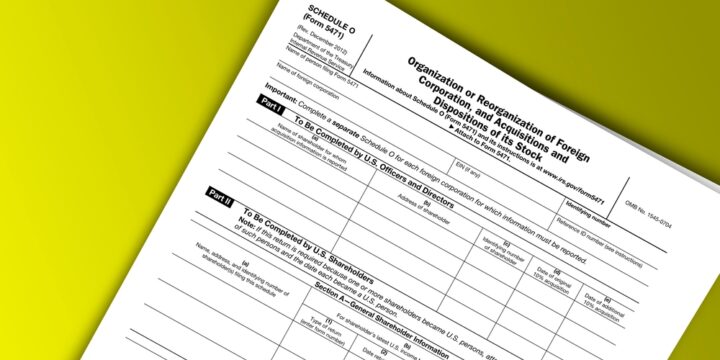
The U.S. Tax Consequences of Terminating U.S. Residency With PFIC Shares and Potential Planning Options
By Anthony Diosdi In the last 20 years, there has been a significant upward trend of highly skilled foreign workers moving to the United States for temporary assignments. For foreigners planning to move to the United States for a temporary work assignment, pre-immigration tax planning is crucial. Whether the goal is to minimize the tax effects of the move or to structure the foreigner worker’s holdings to optimize tax consequences after the move, pre-immigration planning must be undertaken. One of the keys to developing strategies for minimizing U.S. federal tax in pre-immigration context is to understand that many foreign workers accepting a work assignment in the United States will become a U.S. person for U.S. federal tax purposes.Under Internal Revenue Code Section 7701(a)(3)(A), an individual is a U.S. person if…








